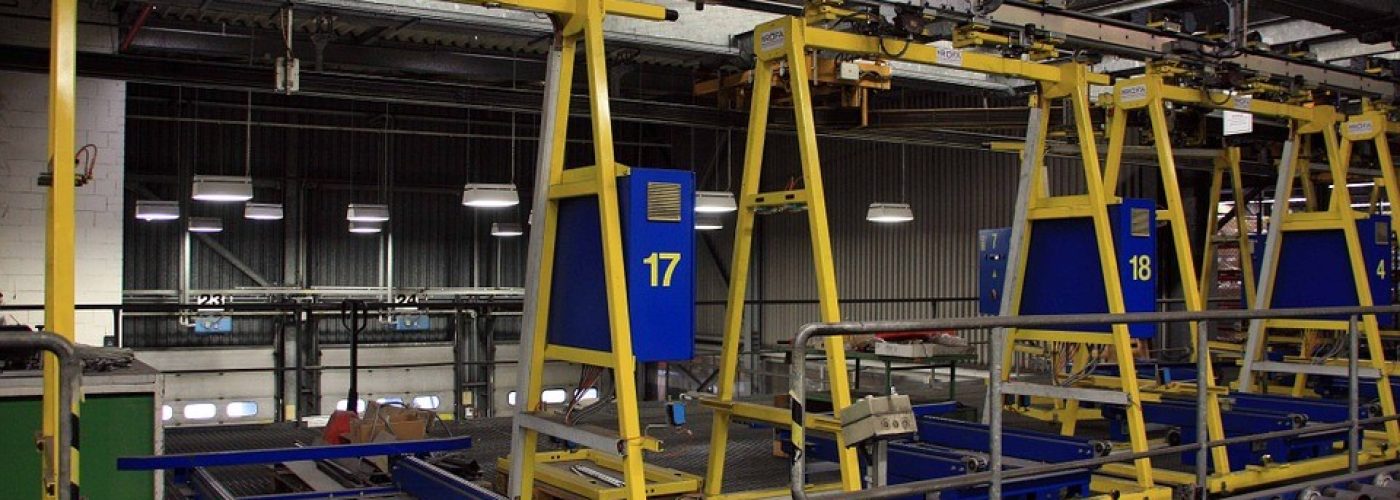Expanding Possibilities – Today’s manufacturing solutions have totally changed the game when it comes to production and operational optimization. A lot of this has to do with technology. The factory itself is a somewhat modern innovation. The industrialization of the 19th century led eventually to assembly-line production in the 20th century.
From there, computerization began to dominate production until robotic machines were designed to replace manual labour. This cut down the expenses drastically, and brought about a new era of operational design regarding production solutions. Computer technology wasn’t finished providing innovation, though.
The Internet of things, or IoT, has come to revitalize manufacturing and reduced expenses. In fact, when it comes to designing things and producing things, the industrial application of IoT has a new name: IIoT, for Industrial Internet of Things. Part of IIoT involves optimization solutions that have led to more precise components manufacturing.
Modernity – Prototyping can now be done with the kind of accuracy that would have been too costly to achieve in the past. Substantial brain power from a dedicated team of vetted professionals working overtime was needed for what can now be done with a click of the mouse.
Today, there are a lot of solutions for prototyping — Weiss-Aug offers a vetted process that is material and process efficient, with reliable repeatability while reducing costs at the same time. Using such modern methods of design and implementation, you can cut the costs of prototype production expansively—on the front-end and the back-end. The thing is, bad prototypes aren’t as useful in designing a final product. Prototypes are becoming more and more necessary. When the prototype can be done right the first time, time is saved as is money.
Cloud Computing Considerations – Another piece of technology that is changing operations is cloud computing. Cloud computing solutions basically “float” a network through the “middlemen” of an MSP so that liability rests on the cloud computing service provider. Additionally, processing power, storage, and BDR (Backup and Data Recovery) are better provided via cloud.
There are a host of applications which come from cloud computing solutions, one of the most useful being infrastructural management. Via cloud, automated systems can keep track of employees and even allow for remote work. BYOD stands for Bring Your Own Device, and enables employees to work from wherever they have internet connectivity.
This isn’t going to be useful for many internal operational needs of a factory, but it could be very useful for regions of sales and infrastructural facilitation. Customer service, accounts managing, etc.—these don’t necessarily require the space or personal presence of employees to be successfully accomplished, allowing for a more streamlined production floor.

Comprehensive Solutions – Today, the number of personnel on a given floor can be substantively reduced, saving thousands. One man can do the job it would have required ten to do previously, because automated machines can be monitored via IoT.
Time sheets can additionally save a lot of money for factory production floors, as they’re easier to manage and provide a greater expositional view of hours worked between employees. When it comes to using time sheets, you want to condense them in order to have fewer to keep track of.
Between time-sheets, IoT, prototyping solutions, and cloud computing, more can be done with less cost and greater productivity than it was previously been possible.





